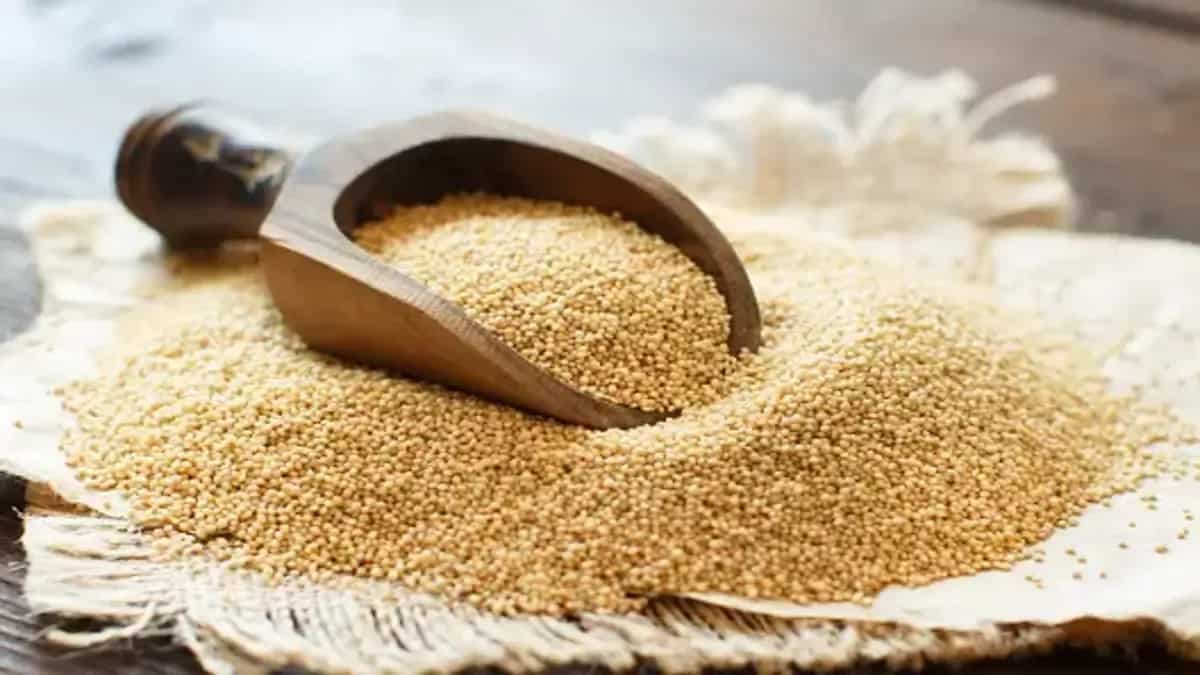Intake of essential nutrients is very important for the smooth and healthy functioning of the body. Among the many nutrients required, iron is the most crucial. One of the most vital functions of iron in the body is its role in the transport of oxygen. Besides, Iron is involved in the electron transport chain, a series of biochemical reactions that occur within the mitochondria of cells. This mineral is also required for the proper functioning of the immune system and brain.
Iron deficiency, known as anemia, can lead to a range of health problems due to its impact on oxygen transport and energy production. Common symptoms of iron deficiency anemia include fatigue, weakness, pale skin, shortness of breath, and impaired cognitive function. It's important to maintain an adequate intake of dietary iron to support these essential functions. Iron can be obtained from a variety of food sources, including poultry, fish, legumes, fortified cereals, and leafy green vegetables.
However, it's also crucial to balance iron intake because excessive iron levels can be harmful. Therefore, it's important to get the right amount of iron for your individual needs. Recently, nutritionist Lovneet Batra took to Instagram and shared her expert opinion. She wrote, “Iron deficiency is the most common cause of anemia, which affects about 25% of the world’s population.
Factors that affect iron needs include the basal physiologic iron loss, periodic loss of iron in females with menstruation, fetal requirements in pregnancy, elevated requirements during growth stages of life, and iron storage”.
She added, “The dietary intake of iron is approximately 16 to 18 mg/day for men and 21 mg/day for women. Thus, it’s vitally important to consume adequate amounts of it in your daily diet. Dietary iron has two primary forms: heme and nonheme. All plant-derived foods contain nonheme iron, while heme iron is found only in foods derived from animals, mainly meat, fish, poultry, and eggs. About 25% of dietary heme iron gets absorbed, while 17% of dietary nonheme iron gets absorbed. Pairing your high-iron foods with foods rich in vitamin C like fruits and vegetables increases iron absorption”, wrote nutritionist Batra.
Here are 4 Iron-rich foods to have in the diet. Have a look:
Amaranth
Amaranth is rich in iron as compared to other grains and pseudocereals. Rich in dietary iron, it becomes a valuable addition to the diet, particularly for individuals suffering from iron deficiency.
Sesame Seeds
Sesame seeds, popularly known as til are considered rich in iron. Not just iron, they also contain essential nutrients like fiber, copper, calcium, protein, and several other vitamins beneficial for the body.

Beet Greens
Beet greens are power-packed with iron and thus, should be a part of your diet. Beet greens also contain other nutrients like vitamins A and K, folate, and dietary fiber. They are a nutritious and versatile leafy green that can be used in salads and sautéed as a side dish, soups, stir-fries, etc.
Soyabean Chunks
Soybeans are loaded with the goodness of plant-based iron and protein. If you are suffering from iron deficiency, you can have soyabean in your diet in various forms.


